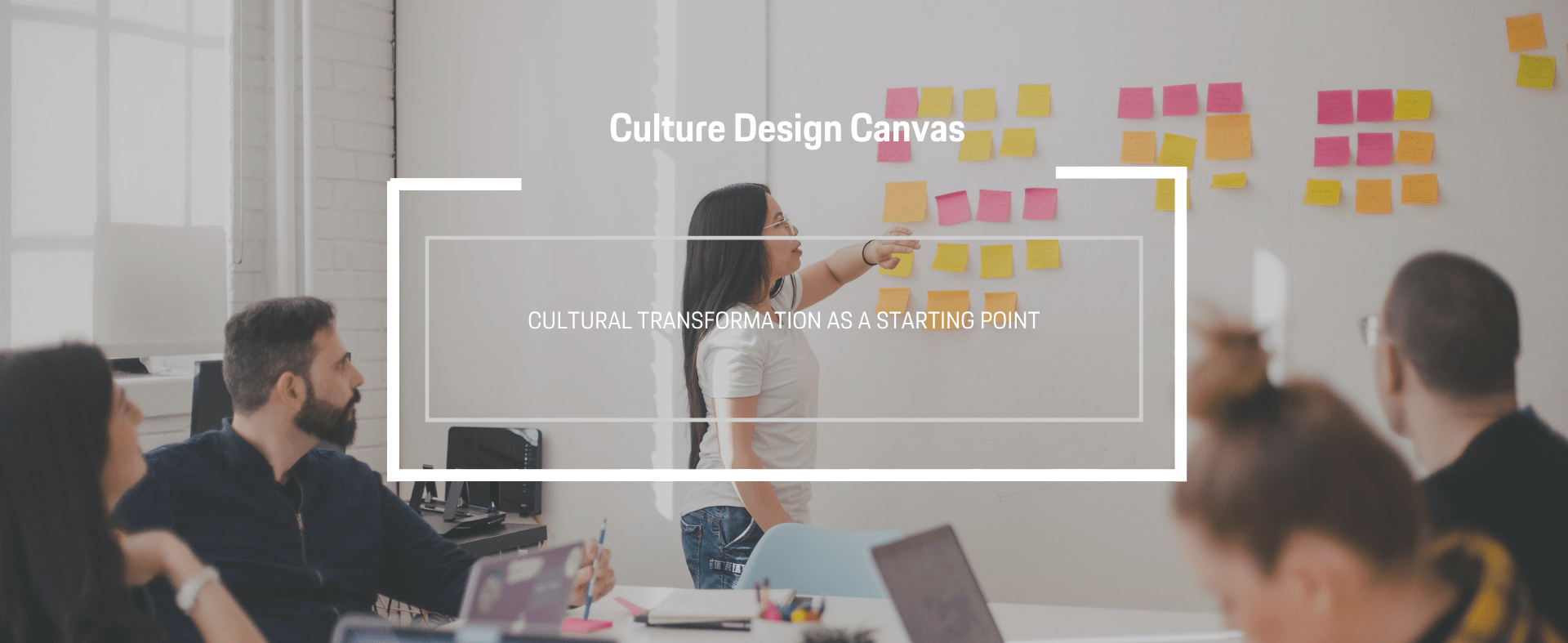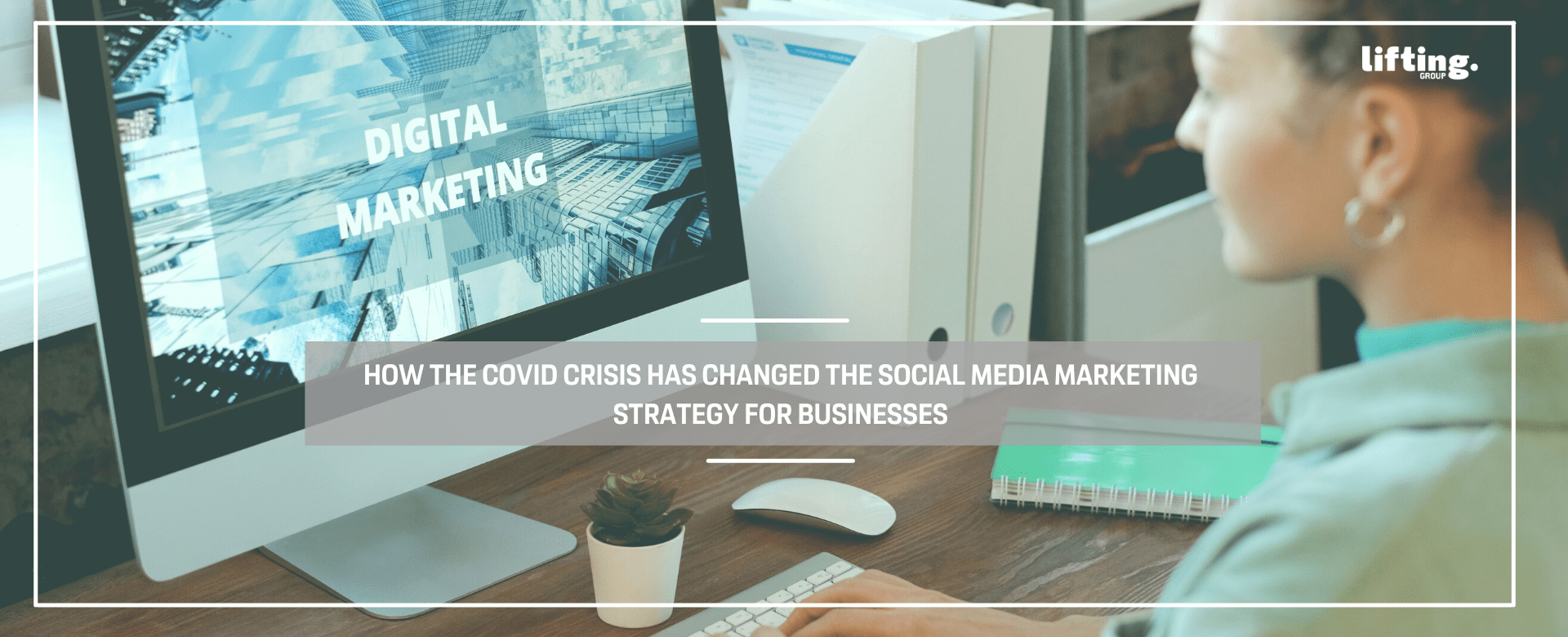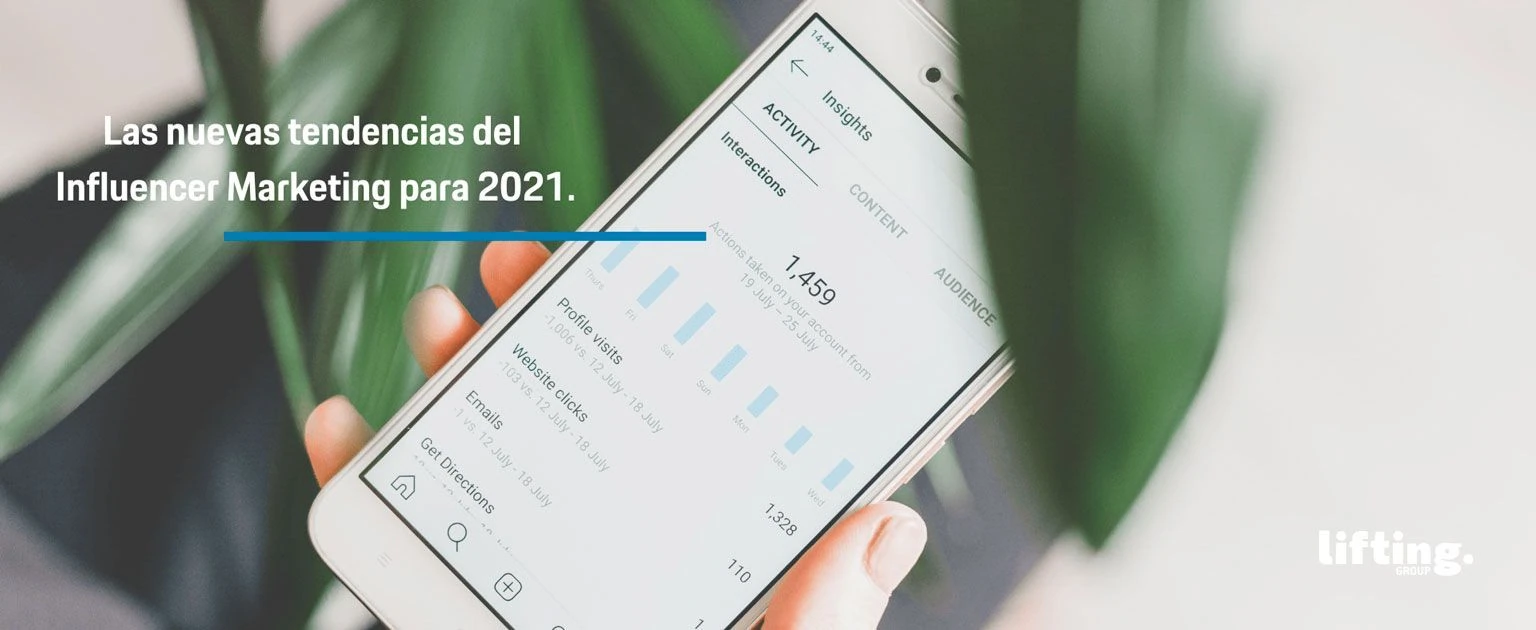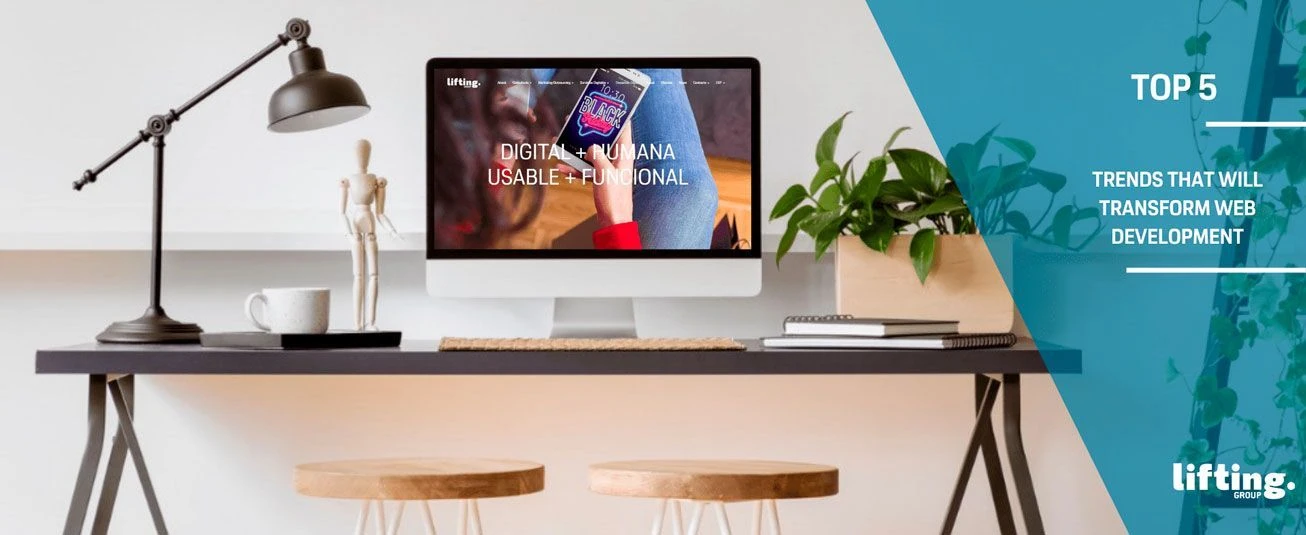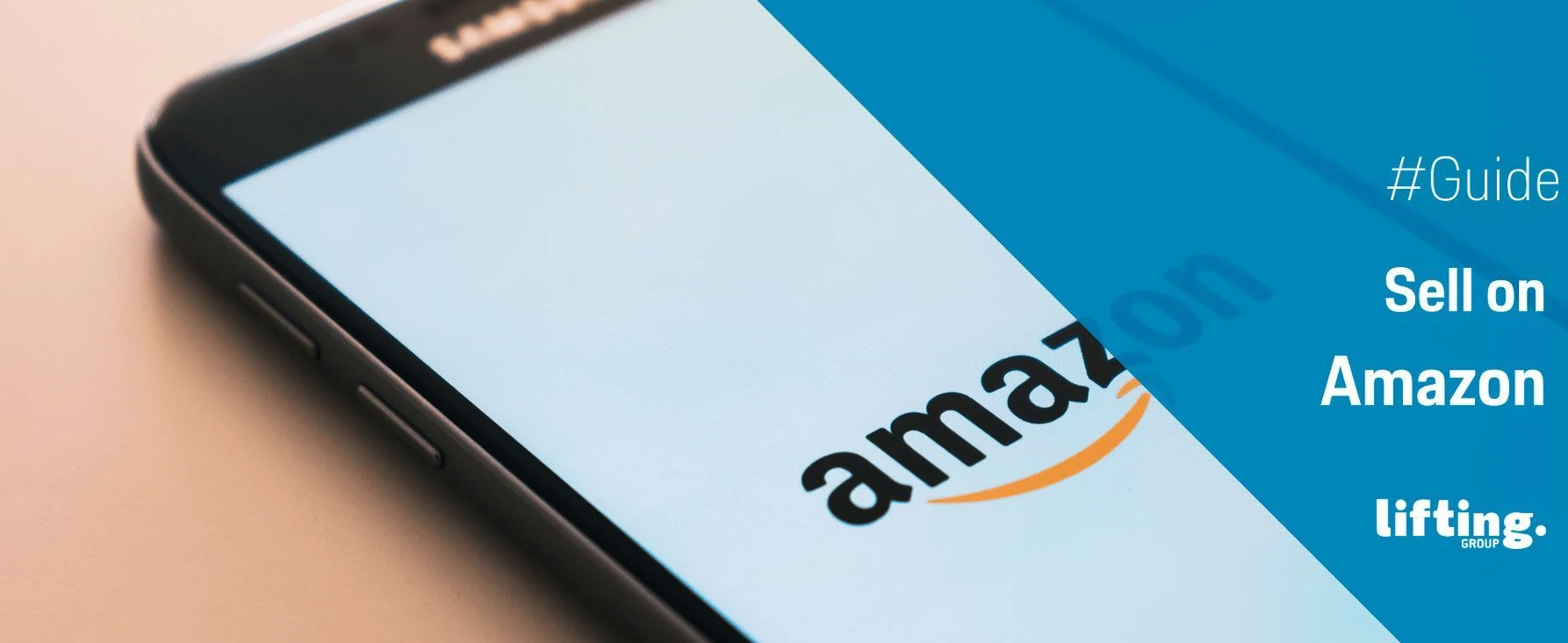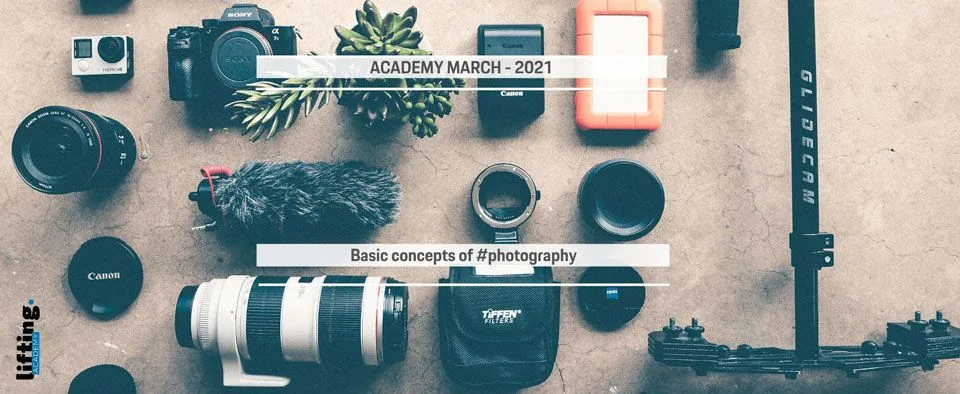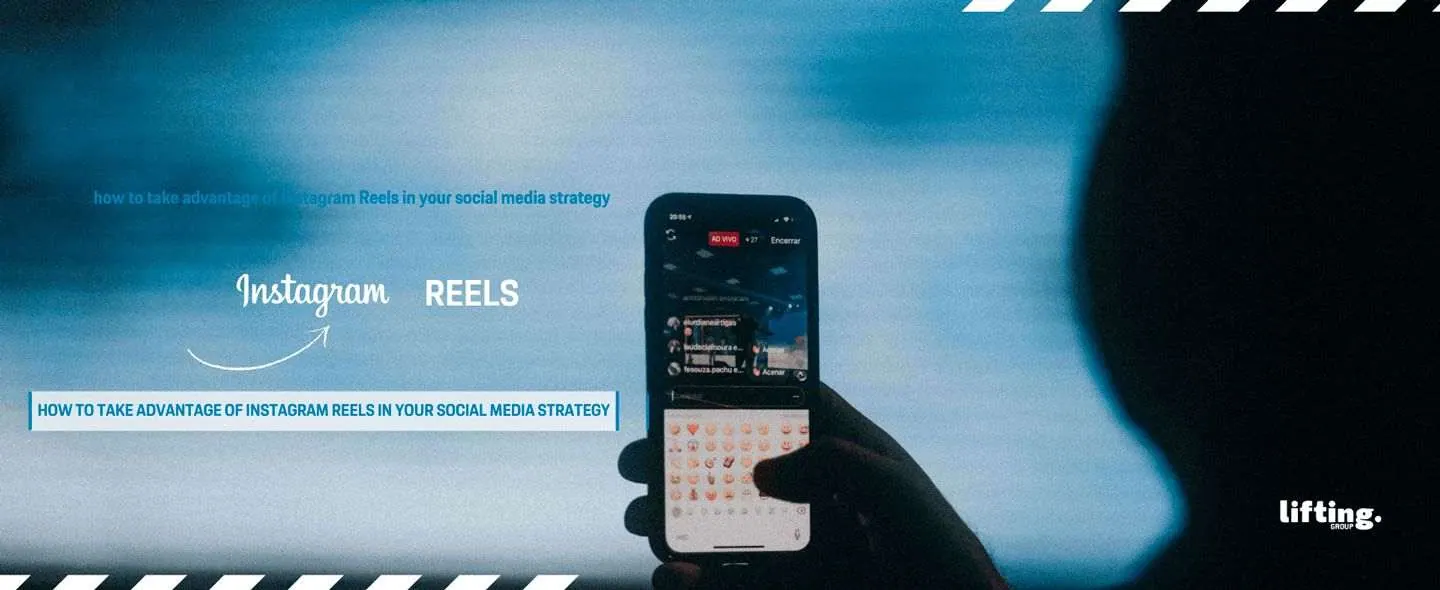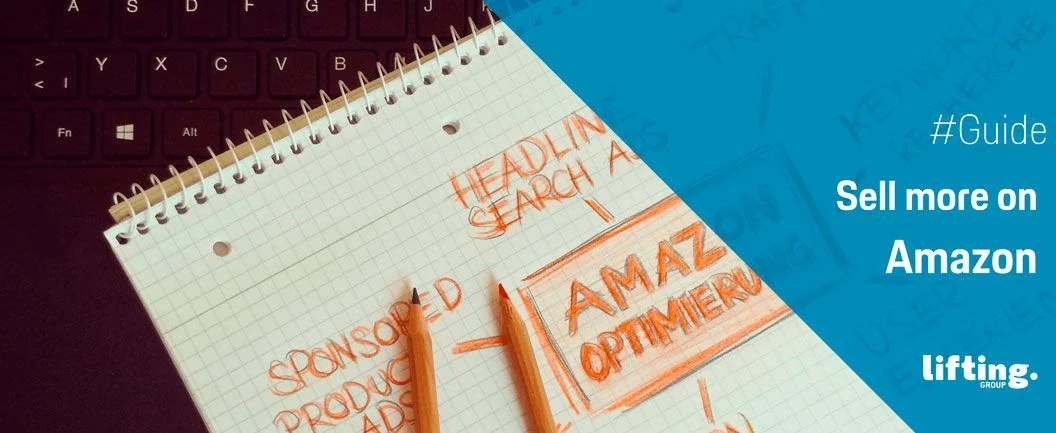The Covid-19 crisis has led us to an inevitable cultural transformation in the professional sphere. Working from home, broadening new perspectives, being flexible and adapting to new changes has meant writing a new code between workers and organizations. When we think of digital transformation, we see it as something vital for any company to survive these new times, don’t we? The same happens with cultural transformation, yet the idea is not well conceived and worked by some companies. Especially now during the pandemic we are living, it is important to connect the work we do with the reason why we do it. To understand what it means and before getting into the subject, we explain what this concept means.
Culture Design Canvas:
is a framework for designing the culture of organizations and teams, it goes beyond being a simple cultural mapping tool. The implementation of this concept will serve to evaluate the current culture of the organization, determine the future state and evolve as a company. Developed by Fearless Culture to help companies and teams build a positive workplace culture. It is based on a culture model that provides clarity, facilitates alignment and helps uncover areas for development.
But at the end of the day, what does this concept represent?
- It facilitates a better understanding among employees of what the company really stands for.
- It helps to identify the differences between the current state of the organization and the desired one.
Thus, making a culture map will encourage employees to collaborate, take initiative and experiment beyond perceived limitations, and will help to understand what really matters. But… what should be taken into account when building the Culture Design Canvas?
Gustavo Razzeti, creator and CEO of Fearless Culture details some ways to implement it.
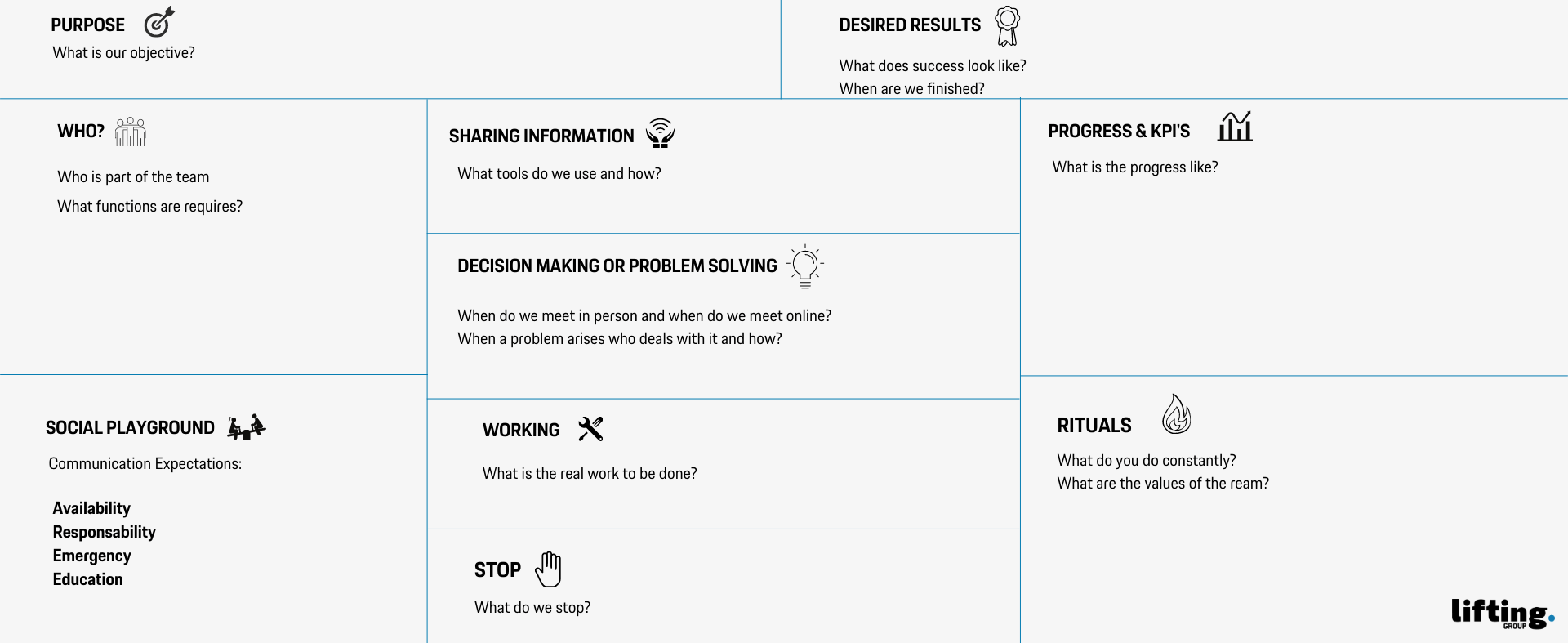
-
Company Culture Mapping
Some start-ups or even teams are using it to define their culture. Why? Many of these organizations lack a clear or healthy culture and that is why they are starting to feel the need to implement it. As we already know, the culture of a company is not fixed, but is constantly changing. The Culture Design Canva is a tool that helps to maintain a current and relevant culture. In addition, the CDP helps to review and reflect on the improvements made by the company or a group of employees. When a team does a cultural retrospective, they track improvements, review what is working and what is not and decide on future actions.
-
Creating a shared language
Creating a shared language for everyone in the company will facilitate conversations about the company, and people will understand and adopt it effectively and quickly. So having a common language will not only facilitate the conversations themselves, but will also enhance the actions and strategies implemented, and help to have more productive meetings and make better decisions.
-
Designing the culture of teams
People’s sense of belonging to their teams is stronger than that of the organization as a whole. The smaller the group, the stronger the affiliation. Designing the culture of the team is based on allowing the customization of some aspects of the company’s culture. This culture must always complement that of the organization.
-
Unit alignment
What is the first thing we need to keep in mind to drive alignment? Clarity. Making the company’s CDC visible to all employees will facilitate this alignment. With this we see that this tool goes beyond the values of the company as such, as it also addresses how people’s behaviors bring the culture to life.
-
Competitor map
This tool can also be used to analyze competitors. How do you know if your company’s culture is a competitive advantage or disadvantage? This aspect is as simple as assessing and determining whether your company’s own culture is unique and different or not. Reviewing and buying key elements from other organizations will help you generate interesting conversations. We are not encouraging you to copy the culture of others, but to brainstorm to discover how yours can improve and stand out.
-
Incorporating new profiles
CDP is an attractive way to immerse new company profiles in a culture so that they can become their own. It is a more human and attractive tool than a Power Point presentation, which will help to invite a dialogue between the new profiles and those who incorporate it. Finally, after the explanation of some points to keep in mind, we should stop to review, reflect and adjust. What do we mean by that? That now is the time to make sure that what you have created is clear, coherent and simple.
Here is a list that will serve as key checkpoints:
- What does your organizational culture represent? Is it simple and clear?
- Is the purpose you set for yourself ambitious but accessible?
- Are all elements aligned with your values and the company’s ultimate purpose?
- Are behaviors and values aligned?
Keep in mind that after all, this tool was designed to help organizations start conversations on their own. However, there are some companies that have yet to familiarize themselves with it.
We hope that this article will encourage and inspire you to incorporate this tool or to improve it if you are already using it.
